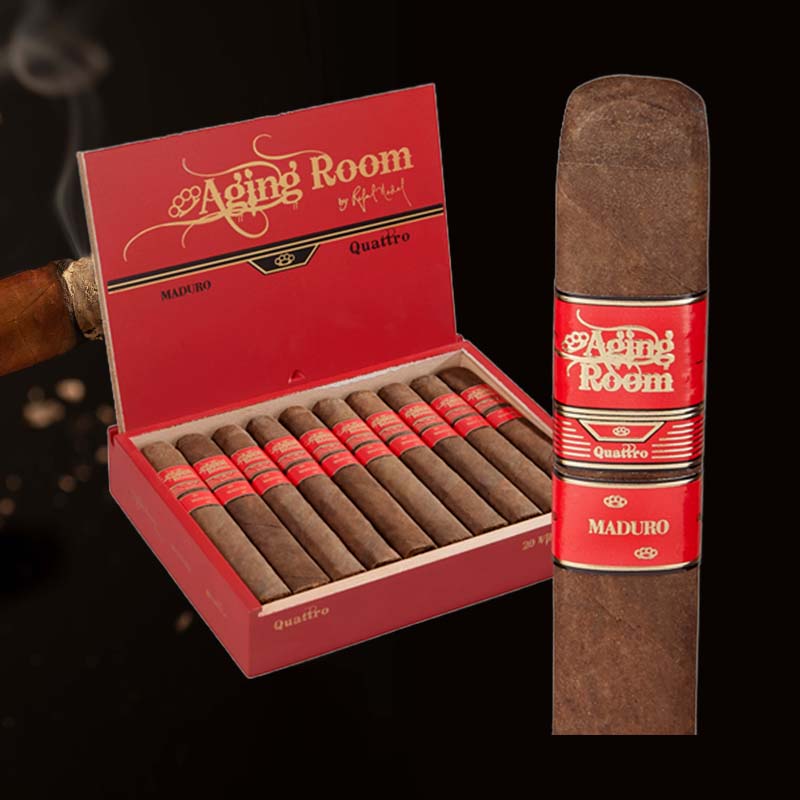Why do torch lighters stop working
As an avid cigar enthusiast, I often rely on my trusty torch lighter to get the perfect burn. However, I’ve faced my fair share of frustrations when it suddenly stops working. There’s something disheartening about a lighter that fails just when you need it most. In this article, I will explore the reasons why torch lighters can stop functioning, share my personal experiences, and provide practical solutions to get you back to lighting up your favorite cigar.
Preparing for Purging and Refilling
Before addressing the common issues with torch lighters, it’s crucial to prepare for purging and refilling them properly. Purging is essential for optimal performance, and it always helps to be equipped before diving into the task.
Tools You’ll Need
- Butane fuel
- Screwdriver (if applicable)
- Cloth or paper towels
- Protective eyewear (for safety)
Purging Your Lighter

Purging your lighter is a methodical process. Properly bleeding the old butane will enhance the lighter’s performance and reduce the risk of malfunctions.
Steps to Properly Bleed Your Lighter
- Turn the lighter upside down.
- Use a small flat tool to press down on the refill valve to release trapped gas.
- Let it sit for a few minutes to ensure all old butane is expelled.
- Return it to its upright position and wait a moment before refilling.
Refilling with Butane

After purging, the next step involves refilling the lighter with high-quality butane. This step is critical to ensure proper functionality.
Choosing the Right Butane
I always opt for high-quality butane, preferably a brand that offers triple-refined butane. It makes a significant difference in both performance and taste, giving a clean burn without impurities. Always check for leaks after refilling!
Why is My Lighter Not Working?

We’ve all been there—grabbing a lighter and getting nothing but disappointment. Identifying the culprit is often the first step in troubleshooting.
Identifying Common Causes
- Out of fuel
- Clogged jets
- Faulty ignition system
- Moisture exposure
Common Lighter Issues and How to Fix Them
Let’s delve deeper into some of the most frequent problems with torch lighters and how I tackle them effectively.
Quick Solutions to Lighter Problems
From simple fuel checks to more intricate fixes like cleaning the ignition, each lighter has its quirks. The satisfying feeling of overcoming these obstacles often enhances my appreciation for the tool!
Lighter Sparks But Won’t Light

This situation can be particularly perplexing; the satisfying click of the ignition does nothing to ignite the fuel.
Troubleshooting the Ignition System
In this case, I typically check for blockages around the ignition area and ensure that the flint is functioning correctly. A quick inspection and replacement can often resolve the issue.
Weak Flame
Sometimes, I notice that my lighter’s flame isn’t as robust as it should be.
Adjusting the Flame Setting
Most lighters have a flame adjustment dial. I simply turn it up to increase the flame height, ensuring a powerful and stable burn, crucial for lighting a cigar.
Leaks

Finding a butane leak can be nerve-wracking, but it’s essential to safety.
How to Check for Butane Leaks
I usually apply a soapy water solution around the valve. Bubbles forming indicate a leak, alerting me to take safety precautions and refill properly.
Out of Fuel

This one might seem obvious, but I can’t count the times I’ve overlooked it!
Refueling Tips and Tricks
When refueling, ensure to let the lighter stand upright for a few minutes post-refill. This allows the butane to settle and enhance ignition efficiency.
Unclean Lighter

Over time, debris accumulates inside the lighter, affecting its performance.
Cleaning Techniques for Better Performance
Using a compressed air canister, I blast out dust and lint that might clog the ignition or fuel jets. Regular cleaning ensures longevity!
Hissing Sound
A hissing noise can signify several issues and should never be ignored.
What It Means and How to Fix It
This could indicate a leak or excessive gas pressure. I turn the lighter off immediately and check for leaks or purging if necessary.
Dampness

Environmental factors can play a significant role in lighter performance.
Protecting Your Lighter from Moisture
I often store my lighter in a dry case when not in use, especially when I’m outdoors. It’s crucial to protect against dampness for optimal functionality.
Safety Features
Modern lighters come equipped with features designed to enhance user safety.
Understanding Built-in Lighter Safety
I appreciate the child safety locks and pressure release valves, which not only keep me safe but also ensure the lighter lasts longer by preventing accidental usage.
How to Prevent Lighter Problems

Preventative care goes a long way in maintaining a reliable torch lighter.
Maintenance Tips for Longevity
- Regularly purge and refill your lighter.
- Clean the lighter after each use.
- Store it away from moisture and direct sunlight.
Maintaining Your Torch Lighter: Cleaning, Bleeding, Refueling

Staying proactive about these tasks profoundly impacts my lighter’s performance.
A Step-by-Step Guide
- Regularly clean the ignition system.
- Purge every month, or as needed.
- Refill with high-quality butane.
FAQ

How do you fix a torch lighter that won’t spark?
I diagnose the ignition system, checking for any blockages, and replace the flint if necessary. A thorough cleaning can often solve the problem!
Why do butane lighters stop working?

Common reasons include fuel depletion, clogged jets, moisture exposure, or mechanical failure. Evaluating these factors can typically pinpoint the issue.
Why does my torch lighter keep going out?
This can usually be attributed to low butane levels, blockages, or an incorrectly adjusted flame. Regular checks can prevent these interruptions!
Why is my butane torch not igniting?

This issue often results from a faulty ignition system or lack of fuel. I suggest inspecting the ignition system and refueling as required.
